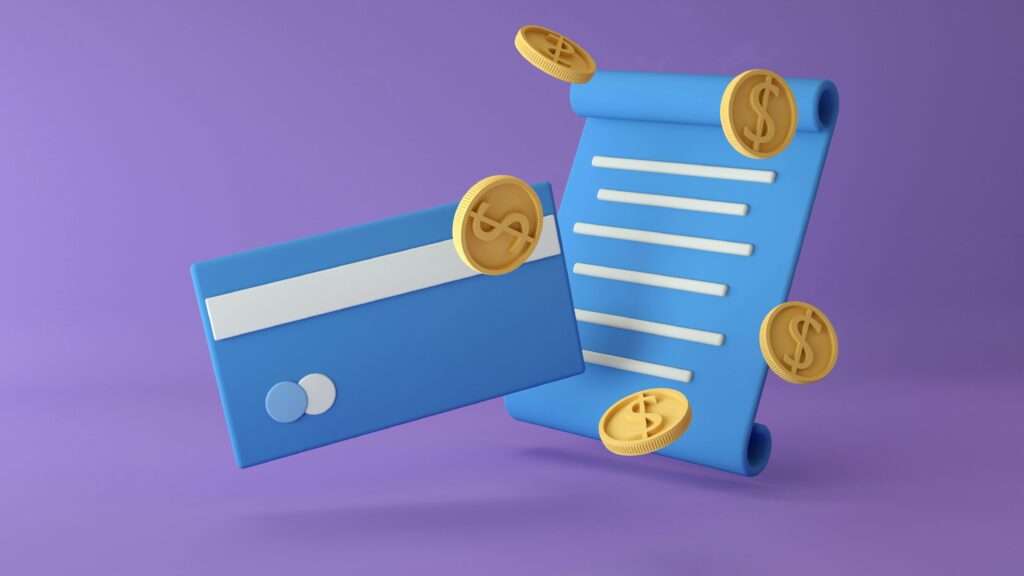
Introduction
Struggling with debt can be incredibly stressful, but with the right strategies, you can regain control of your finances and become debt-free faster than you might think. In this comprehensive guide, we’ll explore actionable steps, expert tips, and practical advice on how to get out of debt fast.
Why is Getting Out of Debt Important?
Getting out of debt is crucial for financial stability and peace of mind. Debt can hinder your ability to save, invest, and achieve your financial goals. By taking proactive steps to eliminate debt, you can improve your credit score, reduce financial stress, and build a secure financial future.
Step-by-Step Guide to Getting Out of Debt Fast
1. Assess Your Financial Situation
Before you can create a plan to get out of debt, you need to understand your current financial situation:
- List all your debts: Include the creditor, total amount owed, interest rate, and minimum monthly payment.
- Calculate your total debt: Add up all your debts to get a clear picture of your overall financial obligation.
- Evaluate your income and expenses: Determine your monthly income and list all your essential and non-essential expenses.
2. Create a Budget
A well-structured budget is the foundation of any successful debt repayment plan:
- Track your spending: Monitor your spending for a month to identify areas where you can cut back.
- Set spending limits: Allocate a specific amount for essential expenses like rent, utilities, groceries, and transportation.
- Allocate funds for debt repayment: Prioritize your debt payments in your budget to ensure you are making progress each month.
3. Use the Debt Snowball Method
The debt snowball method involves paying off your smallest debts first while making minimum payments on larger debts:
- List your debts from smallest to largest: Focus on paying off the smallest debt first.
- Make extra payments: Put any extra money towards the smallest debt until it is paid off.
- Repeat the process: Once the smallest debt is paid off, move on to the next smallest debt and continue the process.
4. Consider the Debt Avalanche Method
The debt avalanche method focuses on paying off debts with the highest interest rates first:
- List your debts by interest rate: Prioritize paying off the debt with the highest interest rate.
- Make extra payments: Allocate any extra funds towards the high-interest debt.
- Move to the next debt: After paying off the highest-interest debt, focus on the next highest interest rate debt.
5. Reduce Your Expenses
Cutting back on non-essential expenses can free up more money for debt repayment:
- Cancel unnecessary subscriptions: Evaluate your subscriptions and cancel those you don’t use regularly.
- Cook at home: Save money by preparing meals at home instead of dining out.
- Limit discretionary spending: Reduce spending on non-essential items like entertainment, clothing, and gadgets.
6. Increase Your Income
Boosting your income can accelerate your debt repayment efforts:
- Take on a side gig: Consider freelancing, part-time work, or gig economy jobs to earn extra money.
- Sell unwanted items: Declutter your home and sell items you no longer need on platforms like eBay or Facebook Marketplace.
- Ask for a raise: If you’re performing well at your job, consider negotiating a salary increase with your employer.
7. Consolidate Your Debt
Debt consolidation can simplify your repayment process and potentially reduce your interest rates:
- Personal loan: Obtain a personal loan to pay off your existing debts, leaving you with a single monthly payment.
- Balance transfer credit card: Transfer high-interest credit card balances to a card with a lower interest rate or an introductory 0% APR period.
- Home equity loan or HELOC: Use the equity in your home to secure a loan or line of credit to pay off your debts.
8. Negotiate with Creditors
Contact your creditors to discuss your financial situation and negotiate better terms:
- Lower interest rates: Request a reduction in your interest rates to lower your monthly payments.
- Payment plans: Arrange a more manageable payment plan that fits your budget.
- Debt settlement: Negotiate a lump sum payment for less than the full amount owed.
9. Seek Professional Help
If you’re overwhelmed by debt, consider seeking assistance from a credit counseling agency or financial advisor:
- Credit counseling agencies: Work with a certified credit counselor to create a debt management plan and negotiate with creditors on your behalf.
- Financial advisors: Get personalized advice and strategies to manage your debt and improve your financial health.
Conclusion
Getting out of debt fast requires discipline, determination, and a strategic approach. By assessing your financial situation, creating a budget, and utilizing effective debt repayment methods, you can take control of your finances and achieve debt freedom. Remember to stay focused on your goals, cut unnecessary expenses, and explore opportunities to increase your income. With persistence and dedication, you can successfully get out of debt and build a secure financial future.
Read More…
- What is Debt Consolidation and How Does it Work?
- How to Negotiate with Creditors to Reduce Debt: A Step-by-Step Guide
Frequently Asked Questions (FAQs)
Q: How quickly can I get out of debt? A: The timeline for getting out of debt depends on the amount of debt, your income, and your repayment strategy. With disciplined budgeting and extra payments, many people can become debt-free in a few years.
Q: Is debt consolidation a good idea? A: Debt consolidation can be beneficial if it reduces your interest rates and simplifies your repayment process. However, it’s important to carefully consider the terms and potential fees.
Q: Will paying off debt improve my credit score? A: Yes, paying off debt can improve your credit score by reducing your credit utilization ratio and demonstrating responsible financial behavior.
Q: Should I use savings to pay off debt? A: While it can be tempting to use savings to pay off debt, it’s important to maintain an emergency fund for unexpected expenses. Consider using a portion of your savings while keeping some funds for emergencies.
Q: Can I negotiate with creditors on my own? A: Yes, you can negotiate with creditors on your own. Be honest about your financial situation and request better terms or a settlement.
